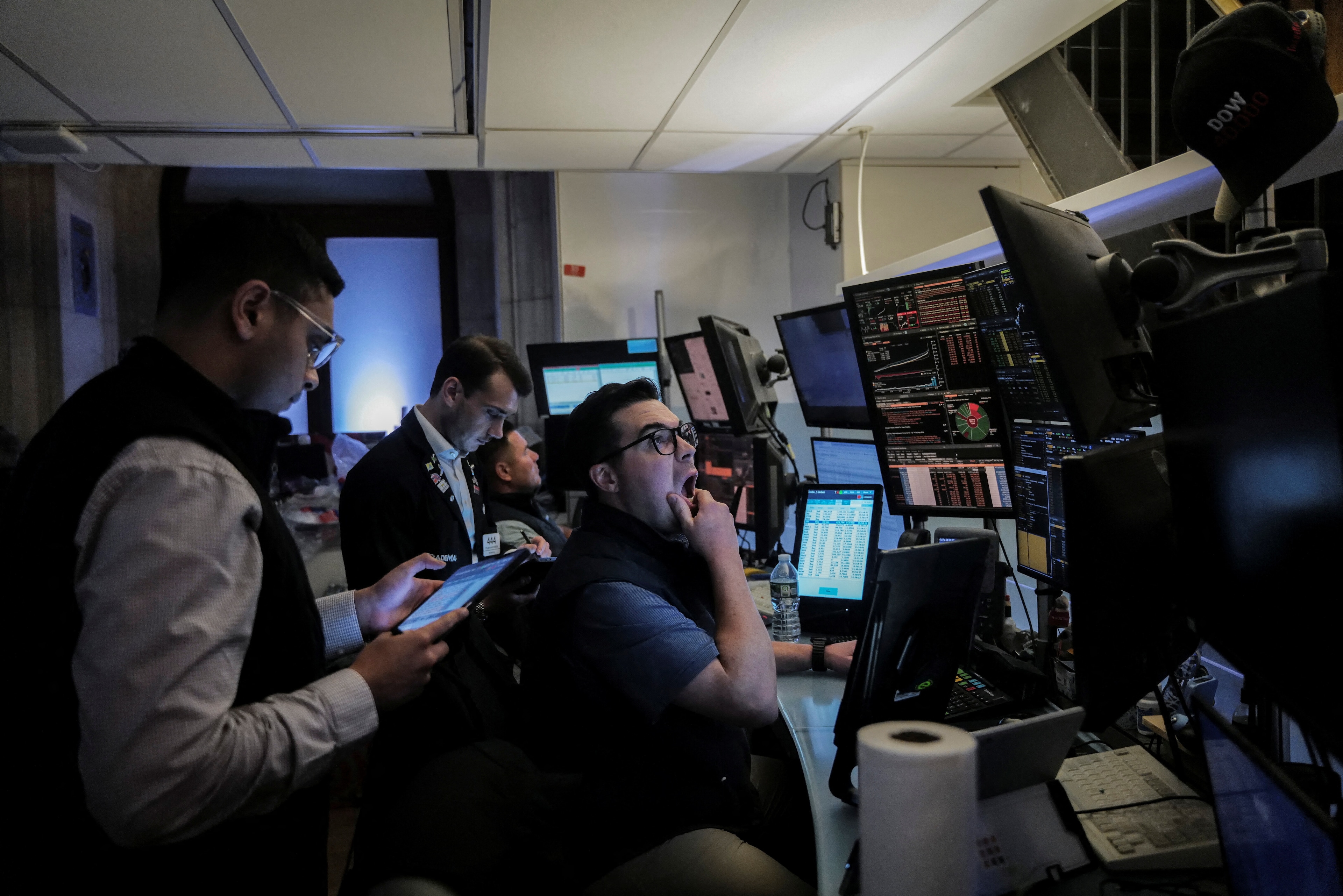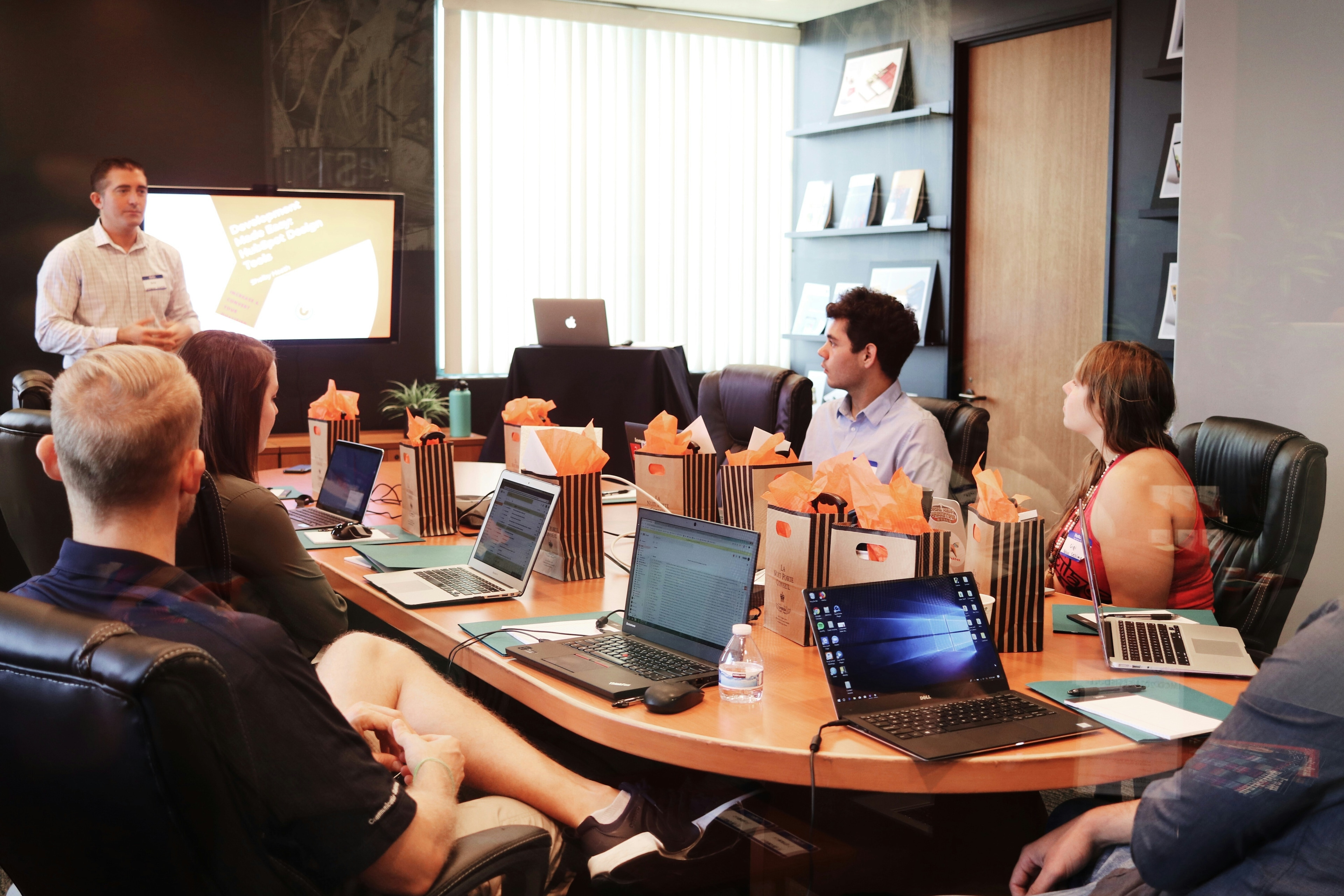Develop talent, connect and shape the future of work: A call for responsible leaders

Image: REUTERS/Stefanie Loos
Stay up to date:
Future of Work
If 2017 is anything like 2016, “disruption” is set to become the word of the year. In politics, business and society, recent events have highlighted the shortcomings of predictability and the urgency of expecting the unexpected.
The same applies to the labour market. Warp speed developments in technology – automation, artificial intelligence and the arrival of the sharing economy – are transforming how we work. Beyond technology, traditional working patterns are also being disrupted by changes in society, organizations and workforce management, leading to the rise of a more independent and dispersed workforce.
Flexibility is, indeed, the key to this new age, with around 30% of the US and European working population already free agents. The “job for life” no longer exists, while the “multi-career” is the norm.

A failure to recognize and adapt to these challenges could have disastrous consequences for social inequality, unemployment and polarization. While the historical evidence suggests technology augments human productivity and ultimately increases the number of jobs over time, the transition can be rocky.
Helpful pointers for navigating this uncertain future are to be found in the fourth edition of the Global Talent Competitiveness Index (GTCI), which this year has the theme of “Talent and Technology”.
Launched for the first time in 2013, the GTCI is an annual benchmarking report that measures the ability of countries to compete for talent. The report ranks 118 countries according to their ability to grow, attract and retain talent.
Switzerland, Singapore and the UK lead the way, with Nordic Countries ranking in the top 10. A success additionally confirmed in the newly launched Global Cities Talent Competitiveness Index (GCTCI), where Copenhagen, Zurich and Helsinki head the ranking and San Francisco is fourth.

The latest index shows that intense “connectedness” between governments, businesses and schools is a common trait of talent winning countries and cities, and collaboration is the keyword for their leaders.
Excellent education derives from such connectedness. “Talent champion” countries have education systems that provide the employable skills the new labour market needs. To shape today’s and tomorrow’s “future proof” worker, schools must teach specialized hard skills, such as the STEM skills that are in high demand. The European Commission has forecast a shortfall by 2020 of 756,000 information and communication technologies professionals and, according to the World Health Organization, we already lack 7 million healthcare workers.
But schools must also provide social and project skills that people need to develop flexibility. As the world we live in is so unpredictable, the ability to learn and to adapt to change is imperative, alongside creativity, problem solving and communication skills.
Responsive and responsible leaders in governments and businesses must act and collaborate to expedite change, implementing innovative, experiential and project-based educational approaches. These must include the integration of work-based training opportunities, such as the ones provided by the apprenticeship systems. Employability – and therefore our young people’s futures – is at stake, so we cannot afford to wait any longer for change.
Beyond education, successful GTCI countries attract and retain talent by shaping flexible labour markets that include a level of social protection. Here again, responsible leadership is required at a policy level, with the collaboration of company leaders.

More generally, effective labour markets will require less red tape and active employment policies, to boost competitiveness and job creation. Take the examples of Switzerland or Denmark, where lean regulation benefits both companies and employees by focusing on their employability. At the same time, for the new workers of the sharing economy, the need for protection goes hand-in-hand with the quest for flexibility. To ensure a level playing field for all forms of employment, rules will have to apply to everyone.
Reforms must also facilitate retraining and mobility in response to market needs. The global economy and its new work paradigms require new skills: in the multi-career existence, life-long learning becomes a must. With respect to mobility, one potential solution lies in creating “individual security accounts: that allow benefit portability (unemployment insurance, health insurance, disability and injury insurance) as people move across jobs and countries.
It is also up to us, business leaders, to maximize companies’ organizational flexibility, given the likelihood of ever-greater volatility. As workers gain more independence, organizations are becoming flatter and more interconnected, with unprecedented changes in leadership highlighting the importance of collaboration and results over traditional corporate hierarchies and authority.
At the same time, we must invest in training to develop, attract and retain talent and ensure the employability of our own staff.
All in all, there’s urgent work for every one of us in implementing wide-ranging reforms to drive innovation, foster flexibility and tackle unemployment at its roots.
Don't miss any update on this topic
Create a free account and access your personalized content collection with our latest publications and analyses.
License and Republishing
World Economic Forum articles may be republished in accordance with the Creative Commons Attribution-NonCommercial-NoDerivatives 4.0 International Public License, and in accordance with our Terms of Use.
The views expressed in this article are those of the author alone and not the World Economic Forum.
Related topics:
Forum Stories newsletter
Bringing you weekly curated insights and analysis on the global issues that matter.
More on Jobs and the Future of WorkSee all
Maha Hosain Aziz
August 20, 2025
Laurel Taylor
August 18, 2025
Antara Choudhury and Vivin Rajasekharan Nair
August 14, 2025
Atul Kumar
August 12, 2025
Shuvasish Sharma
August 6, 2025
Samuel Alemayehu
August 5, 2025





